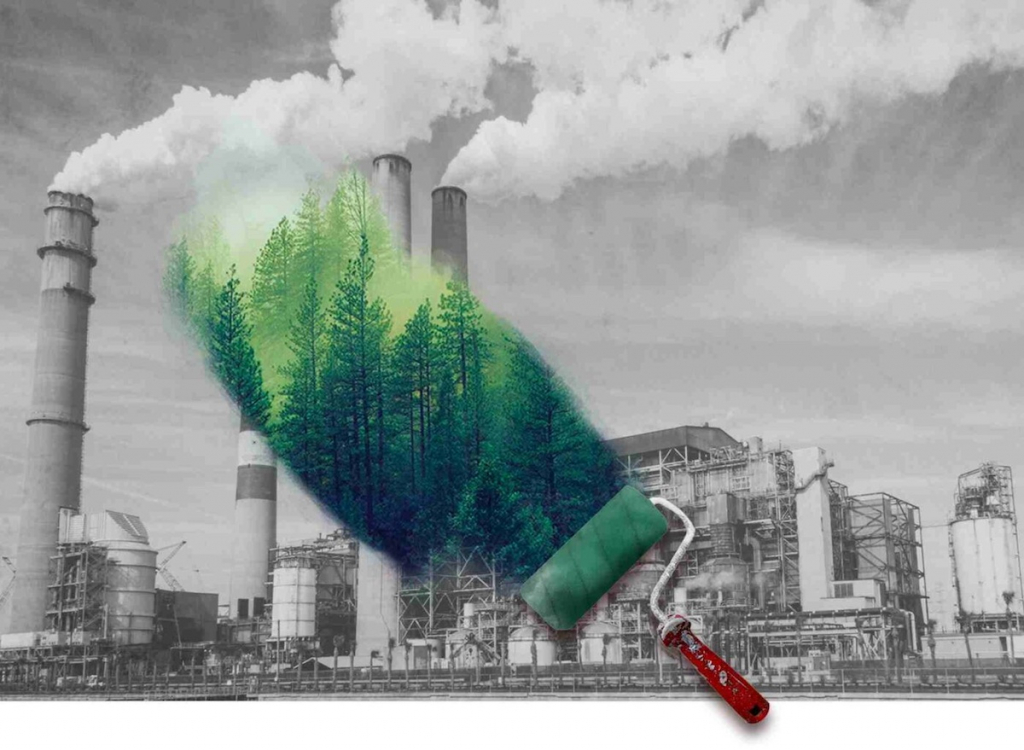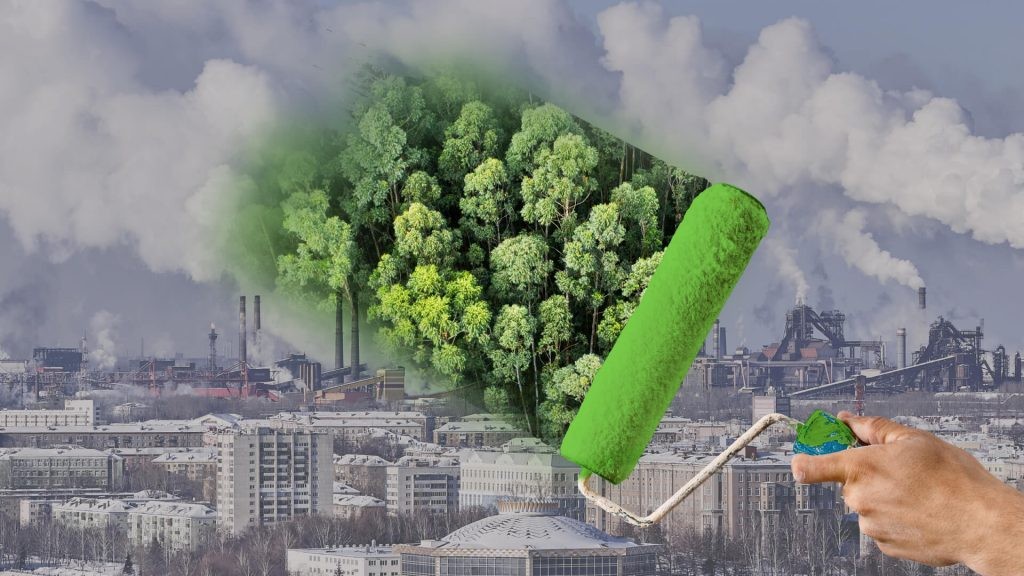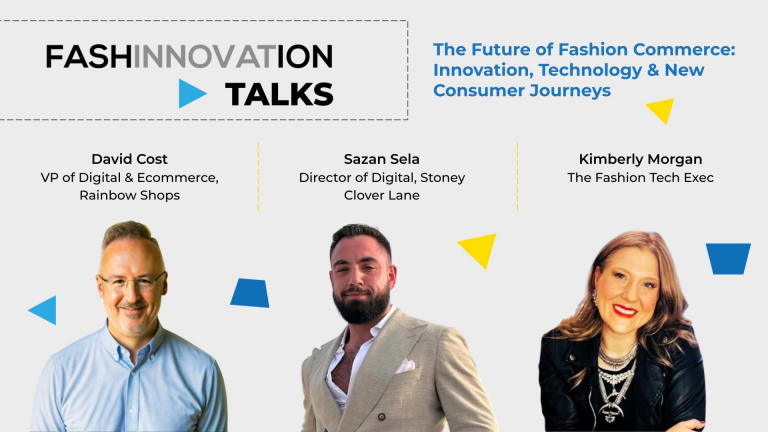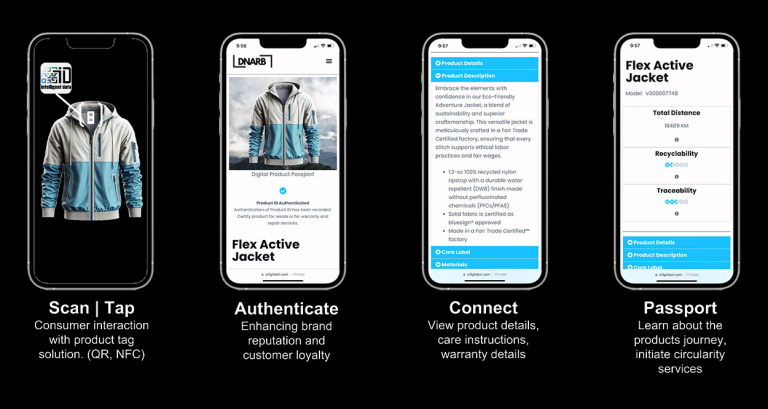Do you know what corporate greenwashing means? Well, we will explain it to you.
Greenwashing
In recent years, the awareness of and concern for environmental sustainability have surged. Consumers are increasingly seeking to support businesses that do their part to protect the environment, reduce the corporate carbon footprint, and mitigate the impacts of climate change.
At the same time, the demand for beauty and fashion products has also grown. It leads to a significant conflict within the beauty and fashion industry. The fashion industry, indeed, is notorious for its highly detrimental impacts on the environment. And these environmental harms have only amplified with the advent of fast fashion.
In light of this, growing numbers of industry leaders are embracing the green movement, espousing concern for environmental sustainability, and committing to the revision of their business processes toward more eco-friendly practices.
However, while the narrative may be a hopeful one, the reality is often less so. In fact, claims of sustainability in fashion often turn out to be nothing more than that. Promises that never come to fruition and claims of “green” practices that offer no real benefit to the environment.
Corporate Greenwashing
This phenomenon is typically referred to as “corporate greenwashing”. It is a practice in which a company brands itself as a sustainable enterprise when, in fact, the green practices it purports to embrace turn out to be either grossly exaggerated or entirely false.

The good news, though, is that there are things business owners and consumers alike can do to promote true sustainability in the fashion industry. This includes the use of technology to advance transparency and mitigate the risk of greenwashing.
Preventing Waste and Reducing Emissions
In today’s market, fashing industry revenues derive significantly from e-commerce. This may be beneficial for promoting growth and profitability, particularly in the wake of pandemic-era lockdowns and the turn toward online shopping. But it can be devastating for the environment.
E-commerce, for example, generally produces more transport emissions and packaging waste than brick-and-mortar retail. However, by making strategic changes to your packaging and shipping, you can minimize the particular environmental challenges associated with e-commerce.

For example, fashion manufacturers may transition to electric, hybrid, or alternative fuel vehicles for their transport fleets to reduce or even eliminate shipping-related carbon emissions. Similarly, packaging used both for product containment and for shipping may be made from recycled, biodegradable, and/or reusable materials to minimize packaging waste.
On-Demand and Bespoke Fashion
Another highly effective strategy for supporting true sustainability and preventing corporate greenwashing is through the cultivation of an on-demand business model. Rather than mass-producing off-the-rack, ready-to-wear items, consumers can commission only the garments they want and in the precise sizes, colors, and fabrics they need.
Not only does a made-to-order approach prevent overproduction, but it also reduces the likelihood of returns. Consumers can use apps downloaded on their smartphones or computer to virtually “try on” garments in various styles and colors. Thus increasing the likelihood that consumers will be satisfied with their purchases and will retain and use them longer.
Sustainable and Recyclable Fabrics
True sustainability in the fashion industry isn’t just about reducing your carbon footprint by changing how you transport your products, when, and in what quantities. It also is not limited to minimizing waste in packaging and product manufacturing.
Rather, sustainability in fashion often hinges on the kinds of materials that go into your garments. When you want to create an environmentally-friendly fashion enterprise, the key is to always choose quality over quantity. This would include, for instance, manufacturing or selling garments made from sustainable or recyclable fabrics. Even if these fabrics come at a higher price and in lower quantities.
Embracing the Circular Economy
One of the most significant environmental threats borne by the fashion industry, in general, and the fast fashion sector, in particular, is the limited lifespan of most fashion products. Most garments survive only a single season before they are discarded and replaced by new trends.
This produces both an enormous amount of waste and a tremendous environmental strain as manufacturers struggle to continuously produce new products. However, by embracing the circular economy, you can disrupt the destructive linear cycle of rapid consumption and disposal.
This would include, for instance, choosing garments manufactured to last and be repurposed over many seasons. If you are a fashion retailer, engaging in the circular economy would also involve purchasing, promoting, and reselling repurposed garments, as well as cultivating a culture that prioritizes reuse.
The Takeaway
Corporate greenwashing is a pervasive and pernicious problem in the fashion industry, but it doesn’t have to be that way. There are effective steps that consumers, manufacturers, and retailers alike can take to support true sustainability. In addition, it promotes transparency and mitigates the risk of greenwashing. This includes revising shipping processes and minimizing waste in product manufacturing and packaging. Also, promoting the use of sustainable and recycled materials, and embracing the circular economy.
Like this article? Then don’t forget to read this one: Maison De Mode & the Future of Sustainable Fashion
* Written by Frankie Wallace
Editor’s Note: The opinions expressed here by Fashinnovation’s columnists are their own, not those of Fashinnovation.






